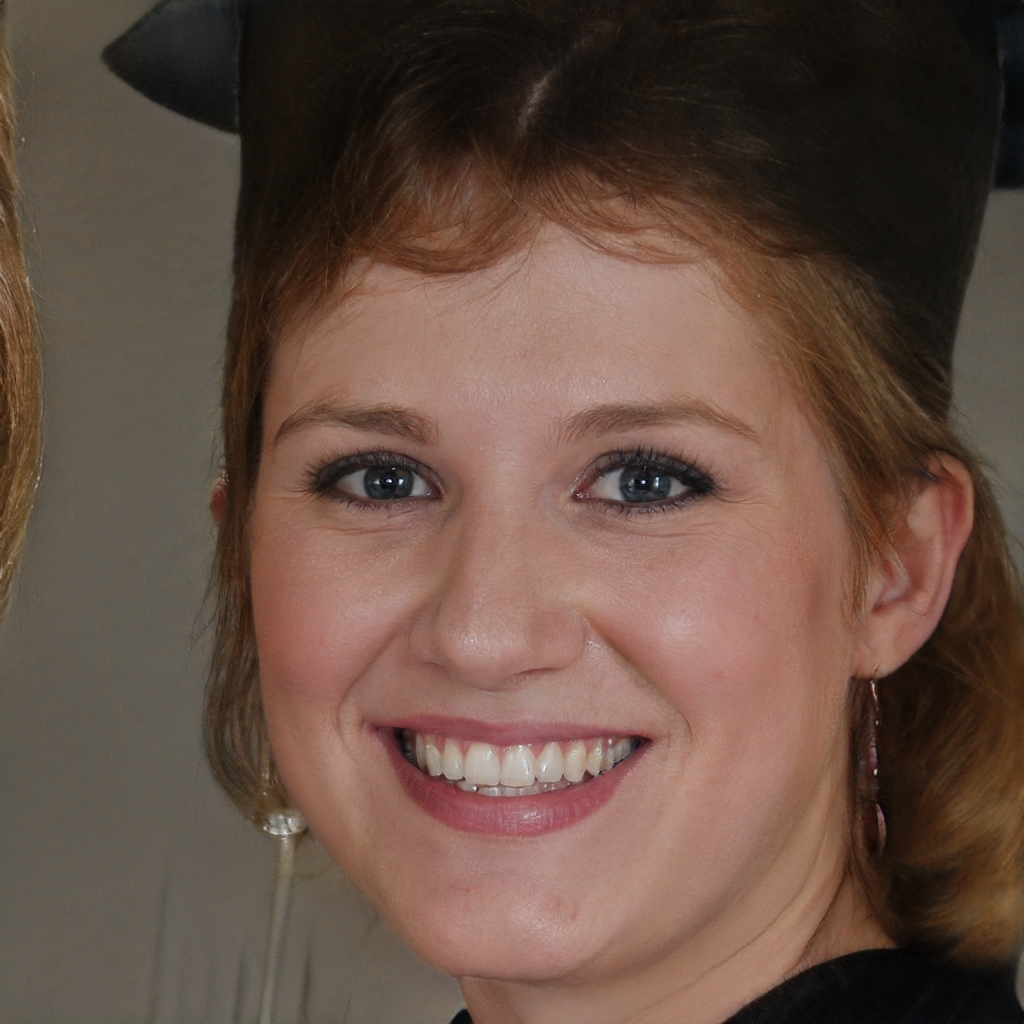First-order logic is a logical system used in mathematics, philosophy, linguistics, and computer science. It goes by many other names, including: first-order predicate calculus, the lower predicate calculus, quantification theory, and predicate logic. First-order logic is distinguished from propositional logic, which does not use quantifiers, and from higher-order logics, which allow quantification over relations and functions. What is first order formula? A first order formula is a logical formula that can be expressed using first order logic. First order logic is a formal system of logic that uses quantifiers to express generalizations over objects. Why do we use first-order logic? First-order logic is a formal system used in mathematics, computer science, and philosophy. It is the foundation of set theory and can be used to define and reason about sets, functions, and relations. Is predicate logic and first-order logic same? Predicate logic and first-order logic are two different formal systems used in mathematics, computer science, and philosophy. Predicate logic is a more expressive and powerful system than first-order logic, but first-order logic is more commonly used in practice.
What is first-order and second-order logic?
First-order logic is a formal logical system used in mathematics, philosophy, linguistics, and computer science. It is also known as first-order predicate calculus, the lower predicate calculus, quantification theory, and predicate logic. First-order logic is distinguished from propositional logic and higher-order logics by its use of quantifiers and predicates.
In first-order logic, a predicate is a property that a thing may or may not have, such as "is a mammal" or "is taller than three feet." Quantifiers are used to express how many things have a certain property. For example, the statement "there exists at least one thing that is taller than three feet" would be represented in first-order logic as:
∃x(Mx > 3),
where "M" is the predicate "is a mammal," and "x" is a variable that represents any mammal.
Second-order logic is an extension of first-order logic that allows quantification over properties and relations, as well as over individuals. Second-order logic is also known as the higher-order predicate calculus, the higher-order logic, and predicate logic.
In second-order logic, a predicate can be any property or relation, including properties and relations that do not involve individuals, such as "is a prime number" or "is taller than." The statement "there exists at least one thing that is taller than three What are first-order rules? First-order rules are logical statements that can be used to infer new information from facts that are already known. For example, if we know that John is a doctor and that doctors are required to have a medical degree, then we can infer that John has a medical degree.
